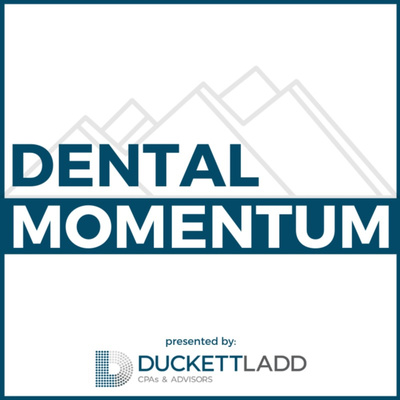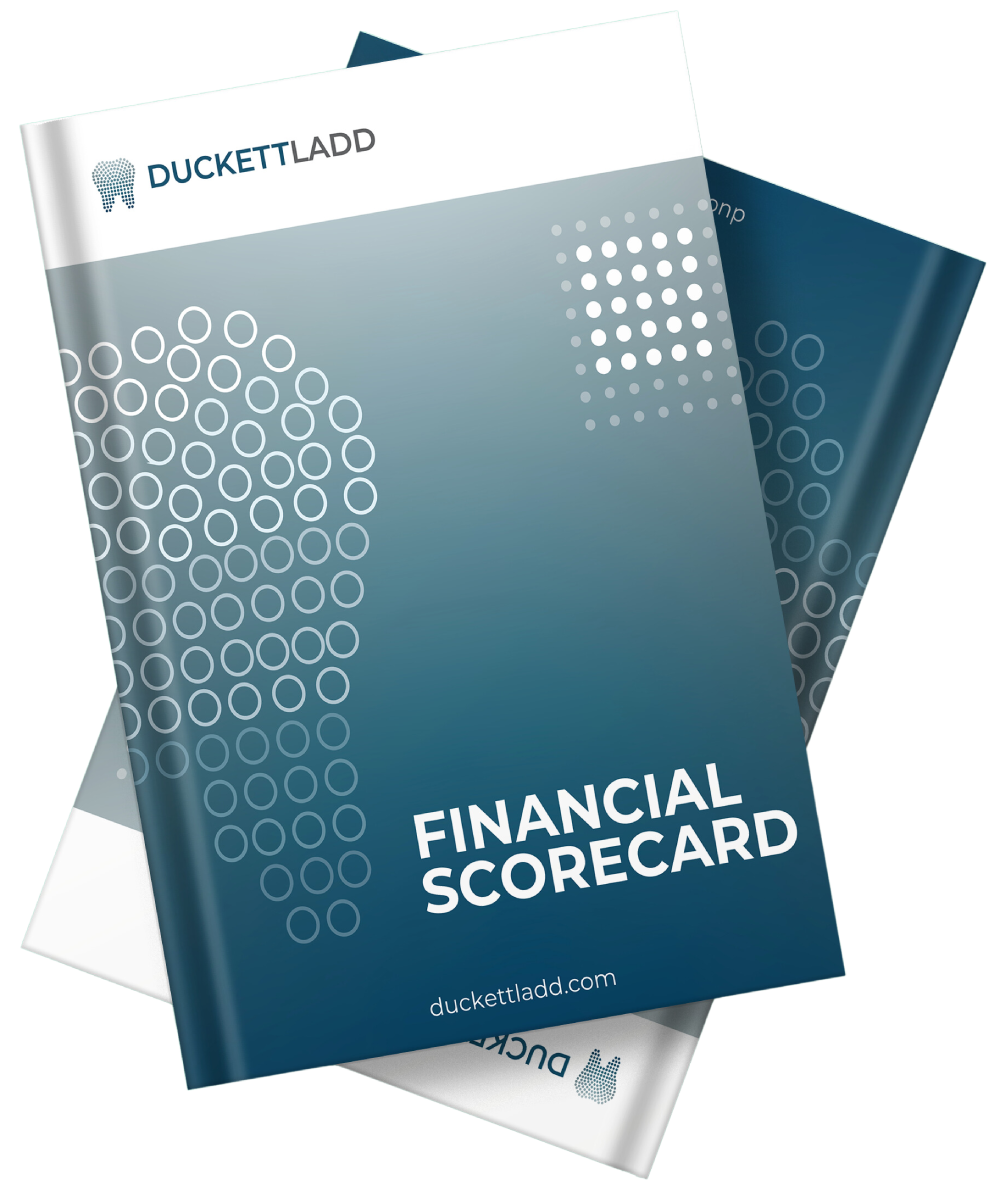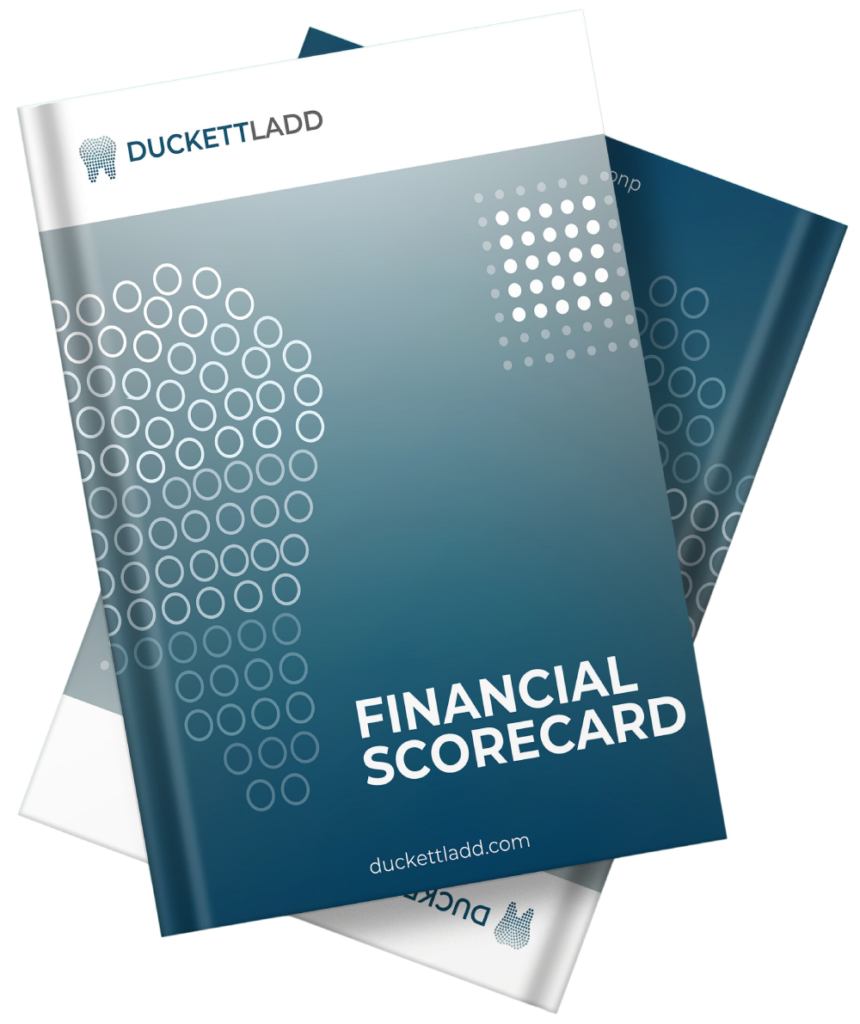Why Dental Practice Loans Are Essential
Starting or expanding a dental practice often requires significant financial resources, which is where a dental practice loan becomes essential. Whether you’re opening a new office, purchasing an existing practice, or upgrading equipment, understanding the basics of dental practice loans can make the process smoother and more manageable.
Quick Overview:
- Purpose: To finance the start-up, acquisition, or expansion of a dental practice.
- Types of Loans: Fixed-rate term loans, lines of credit, equipment loans, and real estate loans.
- Key Considerations: Credit history, financial goals, lender requirements, and current debt levels.
- Rates and Terms: Interest rates vary widely; terms can range from a few months to over 25 years.
Importance of Dental Practice Loans:
A dental practice loan provides the necessary capital to transform your practice into a thriving business. Proper financing allows you to focus on what matters most—providing exceptional patient care. However, navigating loan options can be overwhelming, especially for busy dentists focused on their clinical responsibilities.
Stay tuned to learn more about understanding loan types, key considerations before applying, and practical tips for securing the best rates and terms.

Understanding Dental Practice Loans
Dental practice loans provide essential funding for various needs, from starting a new practice to expanding an existing one. These loans allow dentists to cover costs such as purchasing equipment, renovating facilities, or even acquiring another practice. Here’s a breakdown of the different types of loans available and what you need to consider before applying.
Types of Dental Practice Loans
Fixed-Rate Term Loans
These loans come with a fixed interest rate and a set repayment period, making them predictable and easy to budget for. They are ideal for large, one-time expenses like buying a practice or significant renovations.
Lines of Credit
A line of credit offers flexibility. You can draw funds as needed and pay interest only on the amount borrowed. This type of loan is excellent for managing cash flow and covering day-to-day expenses.
Equipment Loans
Specifically designed for purchasing dental equipment, these loans often have favorable terms and conditions. They can help you stay current with the latest technology, which can improve patient care and operational efficiency.
Real Estate Loans
If you’re looking to buy or renovate real estate for your practice, a real estate loan can provide the necessary funds. These loans typically have longer repayment terms, often up to 20 years, making monthly payments more manageable.
Key Considerations Before Applying
Credit History
Your credit score plays a significant role in the terms you’ll receive. Higher scores often lead to better interest rates and loan terms. If your score needs improvement, consider strategies like paying down debt and ensuring timely bill payments.
Financial Goals
Before applying, clearly outline your financial goals. Are you looking to expand, upgrade equipment, or manage operational costs? Understanding your objectives will help you choose the right type of loan and ensure it aligns with your long-term business plan.
Student Loan Debt
Many dental professionals worry that existing student loan debt will hinder their ability to secure a business loan. However, as noted by Tooth & Coin, student loan debt doesn’t automatically disqualify you. Lenders often view a dental practice loan as an investment in a stable and profitable future.
Lender Requirements
Each lender has its own set of requirements. Commonly, you’ll need to provide financial statements, a business plan, and your credit report. Early communication with potential lenders can simplify the process and help you understand what specific documentation you’ll need.
Pro Tip: According to Mike Montgomery of LiveOak Bank, don’t just focus on interest rates. Consider the overall loan package, including closing costs, prepayment penalties, and other banking products.
Understanding these key factors can significantly enhance your chances of securing the best dental practice loan for your needs.
Dental Practice Loan Rates and Terms
Factors Affecting Loan Rates
When applying for a dental practice loan, several factors can influence the interest rates you’ll be offered. Here’s a breakdown of the key elements:
Credit Score: Your credit score is one of the most critical factors. Lenders use it to assess your creditworthiness. A higher credit score can help you secure a lower interest rate. For example, terms for borrowers with a credit score of 700 or above are generally more favorable.
Loan Amount: The size of the loan can also impact the interest rate. Larger loans might come with higher rates due to the increased risk to the lender.
Loan Type: Different types of loans have varying interest rates. For instance, SBA 7(a) loans often have lower rates compared to traditional bank loans.
Lender Policies: Each lender has its own policies and risk assessments. Some may offer better rates if you have an existing relationship with them or if you meet specific criteria.
Typical Loan Terms
Understanding the typical terms of dental practice loans can help you make an informed decision. Here are some common elements:
Repayment Periods: These vary depending on the loan type. For example, real estate loans may have repayment periods of up to 20 years, while equipment loans might be shorter, ranging from 3 to 10 years.
Fixed vs. Variable Rates: Fixed-rate loans have a stable interest rate throughout the loan term. This can make budgeting easier but might come with a slightly higher initial rate. Variable-rate loans can fluctuate based on market conditions, which could be beneficial or risky depending on economic changes.

Amortization Schedules: This term refers to the repayment structure of the loan. Most loans are fully amortizing, meaning each payment covers both interest and principal. However, some loans might have an interest-only period at the beginning, which can lower initial payments but result in higher payments later.
Prepayment Penalties: Some loans may include penalties for paying off the loan early. It’s crucial to understand these terms so you can plan your financial strategy accordingly.
In summary, while interest rates are a critical factor, they are just one piece of the puzzle. Consider the entire loan package, including repayment periods, fixed vs. variable rates, and any prepayment penalties. This holistic approach will help you secure the best dental practice loan for your needs.
How to Apply for a Dental Practice Loan
Preparing Your Application
Getting a dental practice loan starts with thorough preparation. Here’s a step-by-step guide to help you get started:
1. Gather Financial Statements
You’ll need to provide comprehensive financial documents. This includes:
- Balance Sheets: Show your assets, liabilities, and equity.
- Income Statements: Detail your revenue, expenses, and profit over a period.
- Bank Statements: Typically from the past 6-12 months.
- Tax Returns: Usually from the last two years.
Michael Veader from EastWest Bank emphasizes that the number one mistake applicants make is a lack of communication and not providing necessary documentation promptly.
2. Create a Business Plan
A well-thought-out business plan is critical. It should cover:
- Market Analysis: Show you understand the local market.
- Marketing Strategy: Detail how you plan to attract and retain patients.
- Financial Projections: Include revenue forecasts, break-even analysis, and expected expenses.
3. Check Your Credit Report
Your credit score plays a significant role in the loan approval process. Ensure your credit report is accurate and take steps to improve your score if needed. Mike Montgomery from LiveOak Bank advises avoiding common mistakes like missing credit card payments.
Working with Lenders
Early Communication
Start conversations with potential lenders as early as possible. Matthew Adrian from Bank of America suggests getting pre-qualified before making any offers or signing leases. Pre-qualification can give you a clear idea of your borrowing capacity.
Lender Expectations
Lenders will have specific questions and criteria. Be prepared to discuss:
- Why this dental practice is a good fit for you.
- Your credit history and current financial condition.
- Details about the patient base and staff of the existing practice.
- Your acquisition timeline and specific loan needs.
Galen Van Otterloo from US Bank notes the importance of having a detailed transition plan with the seller if you’re buying an existing practice.
Choosing the Right Lender
Not all lenders are the same. Consider the following when choosing a lender:
- Interest Rates and Terms: Compare rates, repayment terms, and any additional fees.
- Flexibility: Some lenders, like Michael Veader‘s EastWest Bank, are flexible with fund allocation, which can be crucial if your project comes under budget.
- Industry Expertise: Work with lenders who specialize in dental practice loans. Mike Montgomery advises building a team of experts, including a dental CPA, attorney, and consultant.
By preparing thoroughly and working closely with your lender, you can navigate the application process smoothly and secure the best dental practice loan for your needs.
Tips for Securing a Dental Practice Loan
Financial Planning
Budget Wisely: Start by setting a realistic budget. Understand your current financial situation and plan for expenses like equipment, staff salaries, and office rent. Skipping big-ticket items like a new car can help you save more for your practice.
Save and Invest: Traditional savings accounts are safe but may not offer high returns. Look into investment strategies that can grow your savings over time. Think of it as building a financial cushion for unexpected expenses.
Insurance: Don’t skimp on insurance. Adequate coverage, including disability and liability insurance, can protect you from unforeseen circumstances. This is a crucial part of financial planning that can save you from devastating financial consequences.
Credit Management
Pay Bills on Time: Your payment history is the most important factor affecting your credit score. Make sure you’re paying all your bills on time, whether it’s your credit card, mortgage, or even your cell phone bill. Many service providers report late payments to credit bureaus, which can hurt your credit score.
Reduce Debt: Lowering your credit utilization ratio can boost your score. Aim to keep your credit card balances below 30% of your available credit limit. Paying down debt will improve your credit score, making you a more attractive candidate for a dental practice loan.
Maintain a High Credit Score: Avoid applying for credit from too many lenders within a short time frame. Multiple credit inquiries can negatively impact your credit rating. Instead, focus on maintaining a strong credit history.
Professional Advice
Consult with Experts: Building a dental practice is complex. Consult with experts like dental CPAs, attorneys, and consultants who specialize in the dental industry. They can provide valuable insights and help you avoid common pitfalls.
Build a Support Team: Surround yourself with a team of professionals who can guide you through the loan process. This includes financial advisors, accountants, and even dental practice brokers. Duckett Ladd, for example, offers specialized financial services for dental practices, including strategic planning and tax preparation.
Early Communication with Lenders: Start your relationship with a lender early. According to Galen Van Otterloo from US Bank, it’s beneficial to begin discussions with your bank as soon as you start looking for a practice. This can give you a head start and make your application process smoother.
By following these tips, you can improve your chances of securing a dental practice loan and set the foundation for a successful practice.
Frequently Asked Questions about Dental Practice Loans
Is a dental practice loan tax deductible?
Yes, the interest on a dental practice loan can often be tax deductible. According to Duckett Ladd, deductions can include interest payments on the loan, which reduces your taxable income. This can be a significant tax benefit, especially for new practices that might have higher initial debt.
Consult with a tax professional to ensure you are taking advantage of all available deductions and complying with tax laws.
How can I make my dental practice more profitable?
Making your dental practice more profitable involves several strategies:
Business Strategies: Focus on efficient operations and cost management. This includes leveraging technology for patient management and optimizing scheduling to maximize patient flow.
Marketing: Use video advertising to create an emotional connection with potential patients. According to Forbes, patient testimonial videos and educational content can boost your digital presence and attract new patients.
Patient Experience: Enhance the patient experience by providing excellent service and creating a welcoming environment. Happy patients are more likely to return and refer others.
What does it mean to buy into a dental practice?
Buying into a dental practice means purchasing a portion of an existing practice, often becoming a partner. This can be beneficial for several reasons:
Ownership: You gain partial ownership of the practice, which can lead to higher earnings and more control over business decisions.
Partnership: Partnering with an established dentist can provide mentorship and share the responsibilities of running the practice.
Benefits: You often inherit an existing patient base and staff, which can make the transition smoother and more profitable from the start. According to Duckett Ladd, a smooth cash flow transition increases the likelihood of securing favorable loan terms.
By understanding these aspects, you can better navigate the complexities of dental practice loans and set your practice up for success.
Conclusion
Navigating dental practice loans can seem daunting, but with the right knowledge and preparation, you can secure the financing needed to achieve your professional goals.
Summary
To recap, understanding the various types of loans available—fixed-rate term loans, lines of credit, equipment loans, and real estate loans—is crucial. Before applying, assess your credit history, financial goals, and any existing student loan debt. Knowing what affects loan rates, such as your credit score and the loan amount, helps you make informed decisions.
When applying for a dental practice loan, prepare thoroughly by gathering financial statements, creating a solid business plan, and ensuring your credit report is in good shape. Early communication with lenders and understanding their expectations can significantly improve your chances of approval.
Final Tips
- Financial Planning: Create a detailed budget and stick to it. Save diligently and consider investment strategies that align with your long-term goals.
- Credit Management: Pay bills on time, reduce debt, and maintain a high credit score to secure better loan terms.
- Professional Advice: Consult with experts and build a support team. Duckett Ladd can provide valuable guidance throughout the process.
Duckett Ladd Services
At Duckett Ladd, we specialize in helping dental professionals navigate the complexities of practice mergers and acquisitions. Our services include:
- Strategic Planning: Tailored advice to help you meet your financial and professional goals.
- Tax Planning and Preparation: Ensure you’re maximizing your tax benefits.
- Bookkeeping and Payroll Services: Keep your financials in order and focus on patient care.
- Fractional CFO Services: Gain expert financial oversight without the full-time cost.
By partnering with Duckett Ladd, you can confidently move forward with your dental practice plans, knowing you have a team of experts supporting you every step of the way.
Secure your future today by exploring our services and taking the first step towards a successful dental practice acquisition.








